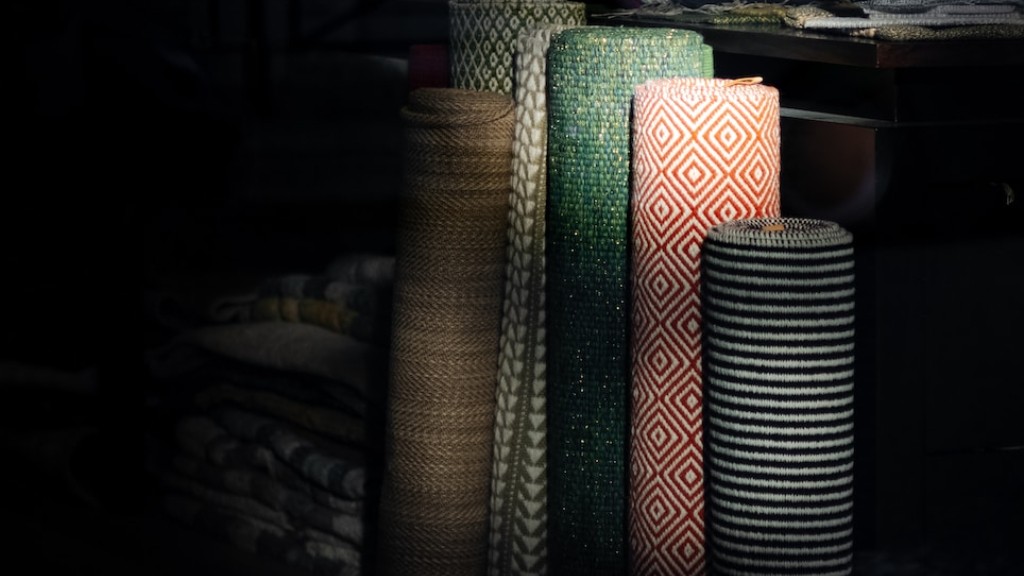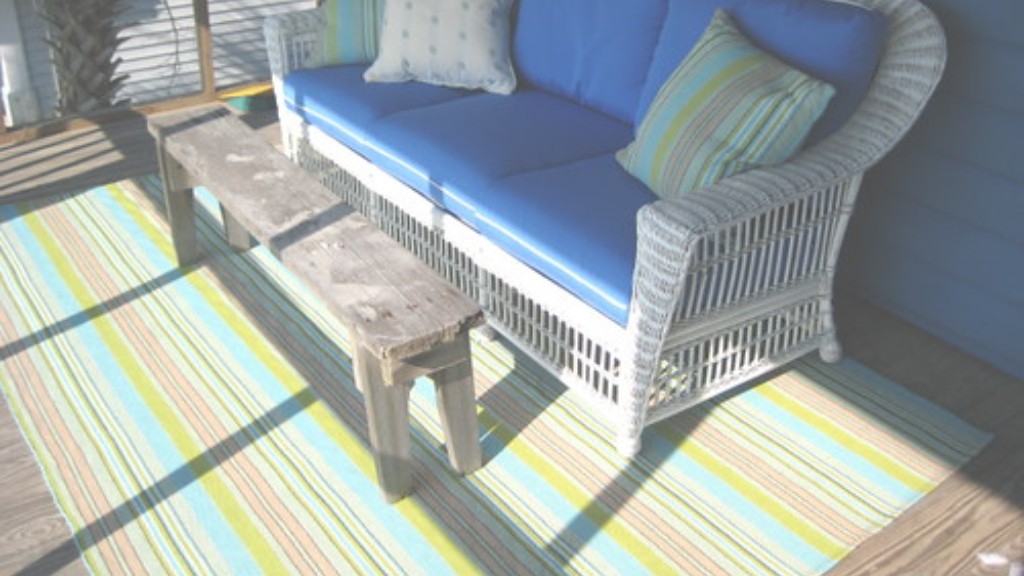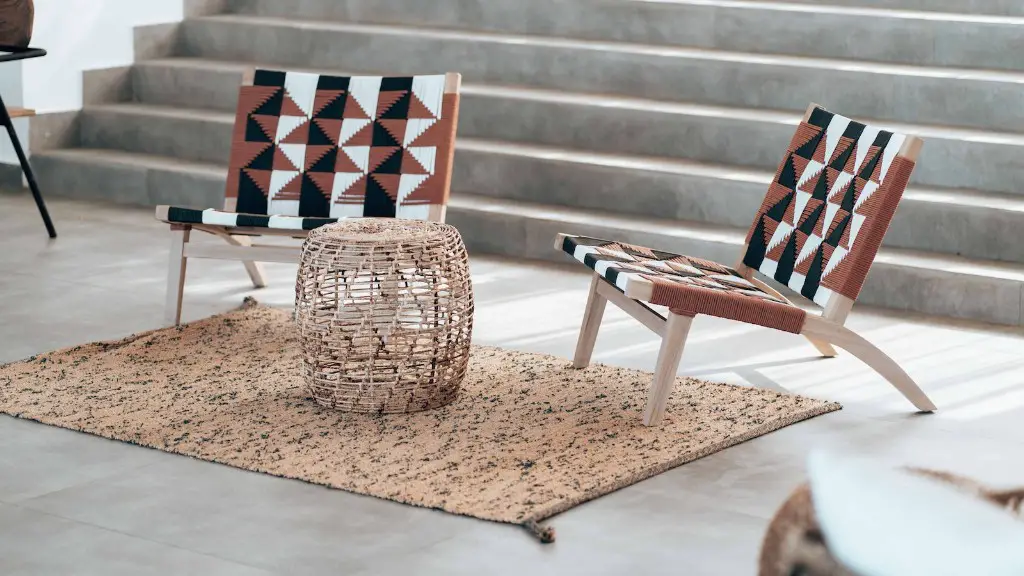When it comes to rental units, many landlords include carpeting as a part of the unit’s amenities. For some tenants, this can be a deal-breaker – especially if they have allergies or prefer hardwood floors. If you find yourself in this situation, it’s important to know that you can indeed ask your landlord to remove the carpeting. Here’s what you need to know about making this request.
There is no definite answer to this question as it depends on the landlord and the rental agreement. Some landlords may be willing to remove the carpet upon the tenant’s request, while others may not be willing to do so. It is best to consult with the landlord to see if they are willing to remove the carpet.
How often do landlords have to replace carpet in Michigan?
The life span of a carpet is typically 10 years. Most courts will use this as a guideline for depreciation. This means that if a carpet is 5 years old, it would be depreciated by half.
According to IRS Publication 527, carpet in a residential rental property wears out after 5 years, at least for tax purposes, based on the general depreciation system. This means that you can deduct a portion of the cost of the carpet each year for up to 5 years, after which time the carpet is considered fully depreciated.
What is the life expectancy of carpet in a rental property
A carpet’s useful life is typically eight to 10 years. This means that, under California landlord-tenant guidelines, the cost of replacing the carpeting would have to be prorated over a 10-year period. The cost of replacing the carpet after 10 years is the responsibility of the landlord.
Tenants in New Jersey have the right to seek housing without discrimination from their landlord, as well as to ensure that their housing is habitable. Landlord-tenant law also allows tenants to request property repairs in a timely manner.
Are carpets a landlord’s responsibility?
The landlord is usually responsible for replacing the carpet when it wears out, unless it has been damaged by the tenant. This only applies when the property is rented furnished or semi-furnished with the carpets included in the tenancy agreement. Carpets should only be subject to normal wear and tear.
Yes, under Michigan law, an tenant or rental injured due to the negligence or fault of a landlord or property manager can sue for the emotional distress they caused. This is also known as a pain and suffering or a negligence lawsuit.
What a landlord Cannot do in Indiana?
A landlord may not deny a tenant access to his rented property by means of changing locks, barring windows or removing doors. The only way a landlord may deny a tenant entry to a property he is renting is through a court order.
You should speak to your landlord about replacing the carpet if you feel it is necessary. Legally, they are not required to do so unless there is a proper reason, such as health hazards. However, your landlord may be willing to negotiate on this issue.
What can a landlord charge for when you move out
It is very important to pay your rent and bills on time. If you do not, your landlord may take legal action against you. If you damage your apartment or if any items go missing, you may be responsible for the cost of repairs or replacement. Finally, if you break your tenancy agreement, your landlord may evict you from the apartment.
While carpet has changed over the years, its lifespan is usually anywhere from 5 to 15 years. The length of time that a specific carpet lasts depends on the type of carpet, carpet cushion, carpet fibers, and wear and tear the carpet is exposed to.
Can old carpet cause health problems?
Carpets can impact health in a number of ways. Carpets may trap pollutants and allergens like dust mites, pet dander, cockroach allergens, particle pollution, lead, mold spores, pesticides, dirt and dust. Toxic gases in the air can stick to small particles that settle into carpets. This can cause a number of health problems, including asthma, allergies, respiratory problems and even cancer. It is important to keep carpets clean and free of pollutants and allergens to protect your health.
A fresh, new carpet can definitely increase the value of your home, as it is one of the first things that buyers will notice when they tour the property. This is especially true if the carpet is in a good, neutral color that will match any décor. If you are planning on selling your home soon, it is definitely worth the investment to replace any old, worn-out carpeting.
Can you withhold rent in NJ
If the landlord breaches his obligation of maintaining the property at an adequate standard of habitability, a tenant may withhold the rent or a portion of the rent to be used as a set-off, because of the deficient condition.
In New Jersey, landlords are not responsible for painting more than once every three years. This means that landlords do not have to paint between tenants unless a tenant stays more than three years. Landlords are responsible for notification of lead paint in the rental unit.
What are the new rules for landlords 2022?
This is a reminder that, from 1 December 2022, landlords will need to give new tenants a paper or electronic version of the occupation contract within 14 days. For existing tenancies, landlords will have six months to issue tenants with their new occupation contract.
Most landlords will review the carpets in their rental property every five years. When a carpet needs replacing depends on the quality of the one you bought. A better quality carpet could last up to 10 years, while a lower quality one may only last three to five years.
How do renters protect carpets
There are a few ways you can cover up ugly rental carpeting when you’re not allowed to tear it up. You can try laying down an area rug or runner, a canvas floor cloth, or peel-and-stick flooring solutions. You can also get creative with furniture and fixtures to help disguise the carpet.
If the definition of “landlord’s fixtures and fittings” in the lease includes “carpets” or “floor coverings” or something similar, then the carpet will belong to the landlord even if it is laid by the tenant during the lease term. This is because the carpet is considered to be a part of the landlord’s fixtures and fittings, and as such, the tenant does not have ownership rights to it.
Final Words
It is typically not possible to remove carpet from an apartment unit unless the carpet is damaged beyond repair. If the carpet is in good condition, the landlord may be unwilling to remove it.
Tenants have a right to a livable space, which may include asking the landlord to remove old or stained carpet. If the carpet is in decent condition but the tenant simply does not like it, the landlord is under no obligation to remove it. In some cases, the carpet may be part of the rental agreement and cannot be removed without the landlord’s permission.





